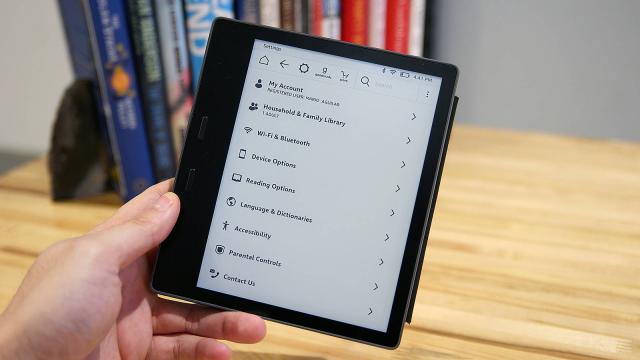Back in March, the Internet Archive launched its National Emergency Library, a program that made roughly 1.4 million books available to the public without the usual waitlists. But on Wednesday, the organisation announced it was ending the program two weeks early after four major publishers decided to sue Internet Archive for copyright infringement.
Internet Archive explained in a blog post that after June 16, it would revert to a controlled digital lending model, in which libraries lend patrons digitised copies of a physical book one at a time. “We moved up our schedule because, last Monday, four commercial publishers chose to sue Internet Archive during a global pandemic,” the non-profit said. “However, this lawsuit is not just about the temporary National Emergency Library. The complaint attacks the concept of any library owning and lending digital books, challenging the very idea of what a library is in the digital world.”
By eliminating waitlists, the National Emergency Library program effectively upended how publishers have thus far controlled how libraries distribute ebooks. Under the usual system, publishers sell two-year licenses that cost several times more than what you’d pay if you just bought the book outright. Internet Archive’s program basically made it so any number of people could temporarily download a single ebook an infinite number of times between March 24 and June 30, the original end date for the program.
In their complaint, Hachette, HarperCollins, Penguin Random House, and John Wiley & Sons allege that in addition to violating copyrights, Internet Archive’s free ebook program “grossly exceed legitimate library services” and “constitute willful digital piracy on an industrial scale.”
Before blasting Internet Archive for capitulating, this lawsuit has the ability to tank the organisation — probably best known for its Wayback Machine web archiving tool — for good. Publishers could claim up to $US150,000 ($219,390) in damages per title. When you multiply that by the 1.4 million works Internet Archive put up for free, the final number could be astronomical, and well beyond the nonprofit’s ability to pay. A win for publishers would put Internet Archive’s other projects at risk.
It appears that publishers aren’t just after Internet Archive’s temporary free ebook initiative. The complaint also contends that controlled digital lending is an “invented theory” and that its rules “have been concocted from whole cloth and continue to get worse.” It also contends that Internet Archive’s “one-to-one conflation of print and ebooks is fundamentally flawed.” Controlled digital lending, however, isn’t unique to Internet Archive. It’s a framework that’s been supported by several libraries over the years, including many university libraries like UC Berkeley Library. Publishers winning this lawsuit may potentially also put the kibosh on the entire controlled digital lending model.
It’s clear that Internet Archive’s decision was intended to appease publishers into dropping the suit. According to Internet Archive, some academic publishers who were initially displeased with the National Emergency Library eventually came around. That said, it’s unclear whether commercial publishers would do the same, as they have everything to gain by strengthening their hold over ebook copyrights.
